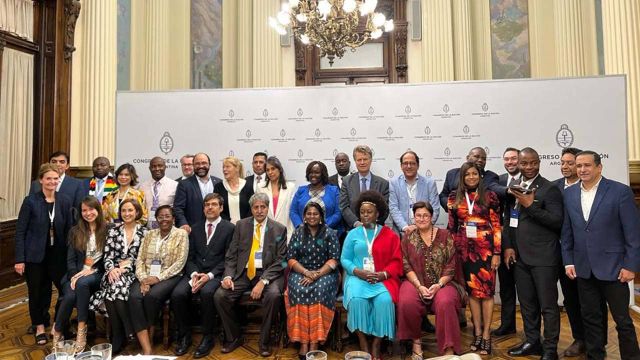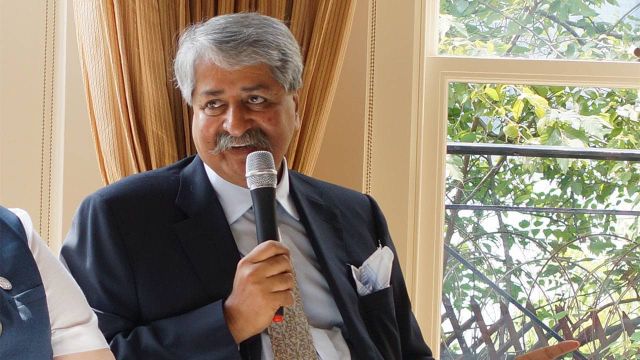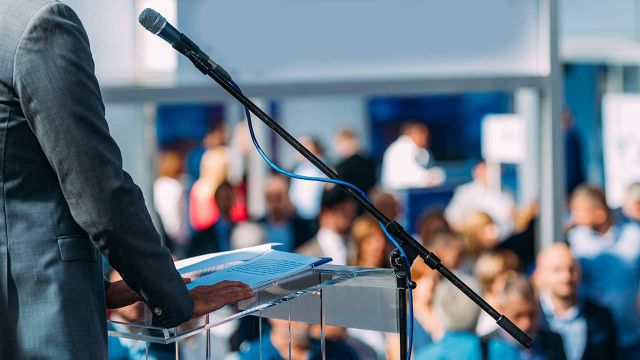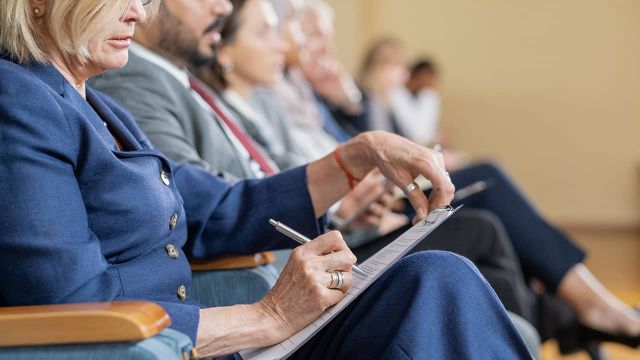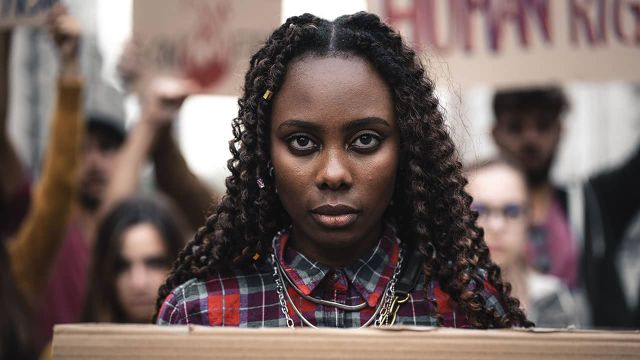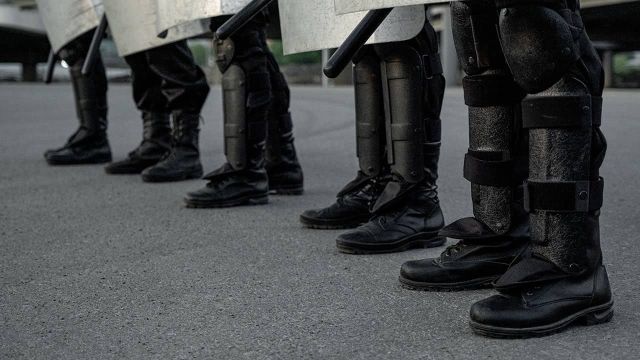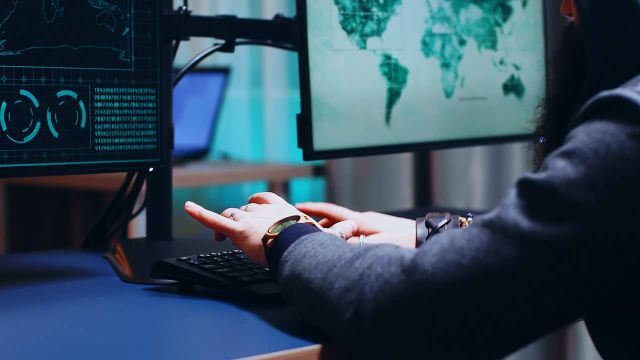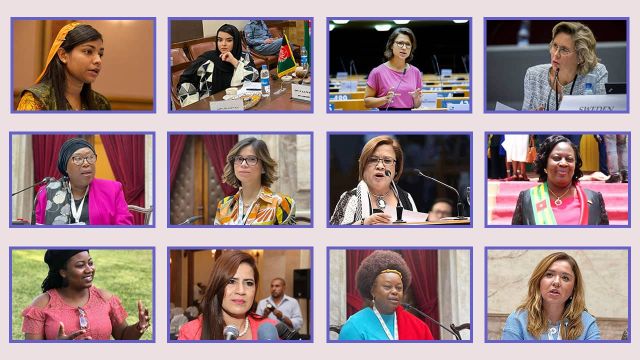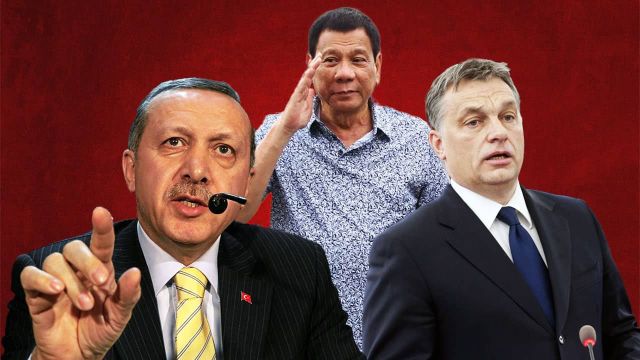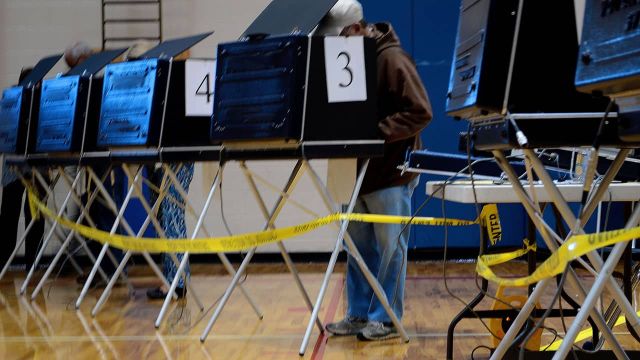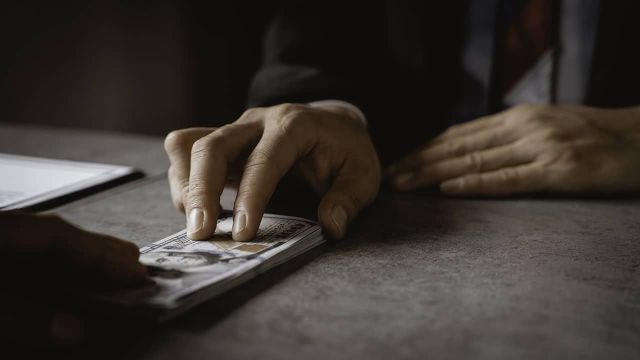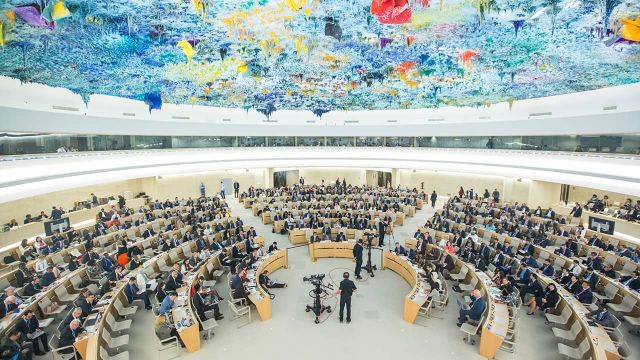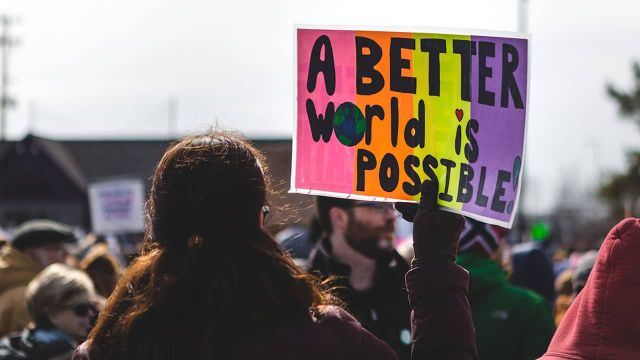Democratic backsliding is an overwhelming fact of contemporary global politics... The most common explanations of global democratic backsliding tend to focus either on external dynamics - like assertive authoritarian powers and disruptive new technologies - that are at most facilitating factors or on domestic economic and political dynamics - like sluggish growth or rising inequality - that apply very unevenly across the cases. This focus on structural factors has led analysts to downplay the fact that the greatest threats to democracy are coming from the leaders of democracies themselves, several dozen of whom have substantially dismantled or attempted to dismantle their democratic political systems over the past fifteen years.”1
Democratic backsliding refers to the progressive erosion of democratic institutions and norms with the view of consolidating power. This erosion is carried out by a leader or a group of leaders who use many methods, such as promissory coups (when an incumbent elected government is deposed in a coup d’état by persons who claim to defend democracy and promise to hold elections to restore democracy), executive aggrandizement (expansion of executive power beyond the bounds of checks and balances) and electoral manipulation. Leaders begin in many cases by altering the democratic system slowly, by restricting the civil and political space, curtailing freedom of expression, or amending electoral statutes. The accumulation of such changes can cause the erosion of democratic principles and institutions.
Democratic backsliding is not an inevitable process. It can be prevented and reversed. For both the prevention and tackling of backsliding, parliamentarians may consider some of the dangerous characteristics of leaders.
- Concentrating power in the hands of the head of the executive branch reduces the power of other institutions, such as the legislature, judiciary, and the media. Leaders may accomplish such centralization of their power by amending the constitution, filling the courts with loyal judges, and restricting the activities of civil society organizations.
- Autocratic and intolerant of dissent: leaders who erode democratic institutions suppress opposition voices, journalists, and civilians during protests.
- Autocratic leaders often use populist rhetoric to appeal to the majority. They may portray themselves as outsiders fighting against the corrupt establishment or as champions of the ordinary people. They may also use scapegoating and fearmongering to divide society and rally support for their agenda.
- The use of propaganda to control the flow of information and shape public opinion. The spread of disinformation by state-controlled media to silence critical voices are techniques to ensure that populations remain ignorant of the truth. Social media is also widely used to spread misinformation and target opponents.
- Autocratic leaders use cronyism to appoint their allies to positions of power and privilege, even if they are not qualified.
What can parliamentarians do to counter democratic backsliding?
- Support civil society organizations that play a vital role in defending democracy. They help raise awareness of various threats to democracy, monitor governmental actions, and help foster the accountability of political leaders.
- Strengthen democratic institutions, especially by helping to preserve the independence of the judiciary and the media, to make them more resilient and resistant to state capture.
- Promote civic engagement and encourage constituents to participate in the democratic process at the local and national levels.
- Support international organizations that are working to promote democracy and human rights. These organizations can help put pressure on authoritarian leaders and support democratic forces domestically, regionally, and globally.
4.1 Intolerance to the opposition
In the context of democratic backsliding, intolerance of opposition is the refusal or unwillingness to tolerate the existence of any political opposition. Such intolerance undermines the right to dissent, a core principle of democracy. Autocratic leaders stifle dissent in many ways, for example:
- Harassing, imprisoning, or forcibly disappearing opposition leaders; cracking down on protesters; or shutting down independent media outlets.
- Making it difficult for opposition parties to participate in electoral processes by changing electoral laws. These tactics may include gerrymandering, raising barriers to entry, or limiting campaign spending.
- Using state resources to favor their political party or candidates, including using state media to promote their own agenda or using government funds to support their candidates.
- Using branding and advertising techniques to discredit the opposition and delegitimize them by qualifying them as traitors, foreign agents, or state enemies.
- Passing laws restricting freedom of speech, assembly, and association; politically motivated prosecution and the use of the judiciary to target opposition leaders and organizations.
- Using violence and intimidation to silence topponents. This may include physical attacks on opposition members, threats of violence to opponents and their families, and the use of surveillance to intimidate and harass individuals perceived as threats to their power.
- Discrediting and delegitimizing their opponents by spreading lies and misinformation about opposition leaders and organizations. State-controlled media may also promote a positive image of the government and its policies.
Case studies
Intolerance of opposition is a serious threat to democracy. It generates fear and intimidation, making it difficult for people to express dissenting opinions or participate in political processes. It also undermines the legitimacy of elections and democratic institutions. Some examples of intolerance of opposition in democratic backsliding countries are:
Footnotes:
1 Thomas Carothers and Benjamin Press, Understanding and Responding to Global Democratic Backsliding, published in October 2022 by Carnegie Endowment for International Peace.
2 Eva Bognar, Digital News Report: Hungary, published by Reuters Institute, University of Oxford.
Committee to Protect Journalists, Hundreds of journalists jailed globally becomes the new normal
Parliamentarians for Global Action, S.T.O.P. Violence Against Women Parliamentarians
Roshni Kapur, Nazneen Mohsina, The Shift to Majoritarian Politics and Sectarianism in India: Domestic and International Responses, published on March 3, 2020.
Niranjan Sahoo, Mounting Majoritarianism and Political Polarization in India, Published August 18, 2020 by Carnegie Endowment for International Peace.
Lauren Frayer, Sushmita Pathak, At Site Of Razed Mosque, India's Modi Lays Foundation For Controversial Hindu Temple, August 5, 2020.
Jeffrey Gettleman and Maria Abi-Habib, As Protests Rage on Citizenship Bill, Is India Becoming a Hindu Nation?, Published Dec. 16, 2019 and Updated Feb. 27, 2020.
Hijab Shahand, Melissa Dalton, Indian Revocation of Kashmir’s Special Status, Published August 12, 2019 by the Center for Strategic & International Studies.
Harrison Akins, The Religious Freedom Implications of the National Register of Citizens in India, published November 2019, United States Commission on International Religious Freedom.

